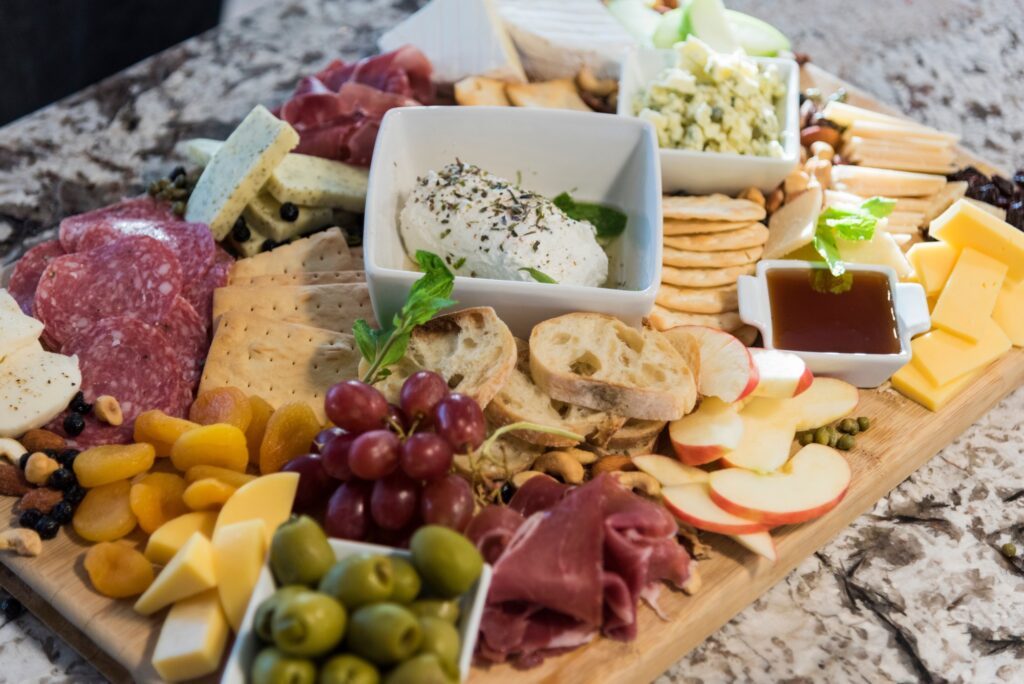STOP FOOD GUILT! 5 Tips to Enjoy Your Holidays
The holidays can be a joyous time as we come together with friends and family to carry on traditions and make memories. However, this time of year can also be challenging and stressful. Many holiday traditions are centred around eating. For individuals recovering from an eating disorder or experiencing distorted eating patterns, this can trigger feelings of anxiety.
We so badly want to enjoy the holidays while battling those lingering voices…
“This is my favourite time of year, but I can’t say no to all the good food around me.”
“I have no willpower during the holidays.”
“I’ll just enjoy it all now, and my diet will start on January 2nd.”
- “If I don’t eat all day, I can enjoy the holiday dinner tonight.”
Do any of these sound familiar to you?
These thoughts would often replay in my mind over and over. The thought of new years resolutions and starting a new diet or exercise plan reassured me that it was okay to overeat. “I will deal with it in the new year”. Unfortunately, these thoughts only reinforced distorted eating patterns and created a greater disconnect from my body’s natural hunger and fullness signals. Food restrictions and new years resolutions only provided brief comfort in binge patterns, but the food guilt quickly followed.
5 Tips to help you avoid falling into old patterns this holiday season
1. Eat breakfast and lunch as usual.
The holidays are different because many people are off work and experiencing a shift in their usual routine. These changes to your routine can alter your eating schedule and throw off natural hunger signals. If you go too long without eating, you are likely to overindulge due to hunger, resulting in feeling stuffed and sluggish. Rather than following old restrictive patterns, continue to eat breakfast and lunch as you would any other day. This will help keep your appetite regulated, so you don’t get too hungry, which can lead to a binge.
2. Reassure yourself that these foods aren’t going anywhere.
3. Allow yourself to eat, and don’t compensate if there is a binge.
4. Identify a support person and plan ahead.
5. Practice Mindfulness and Self-Compassion
Check-in with yourself throughout the meal to assess your fullness. Get curious with yourself! Was the food as tasty as you imagined it to be? Are you feeling both physically and mentally satisfied with the meal? Are you still hungry? Most importantly, hold compassion for yourself! It is okay if you have one too many cookies or a second helping of food. Remember, one meal won’t make you unhealthy.
So, this holiday season, enjoy time with friends and family!




